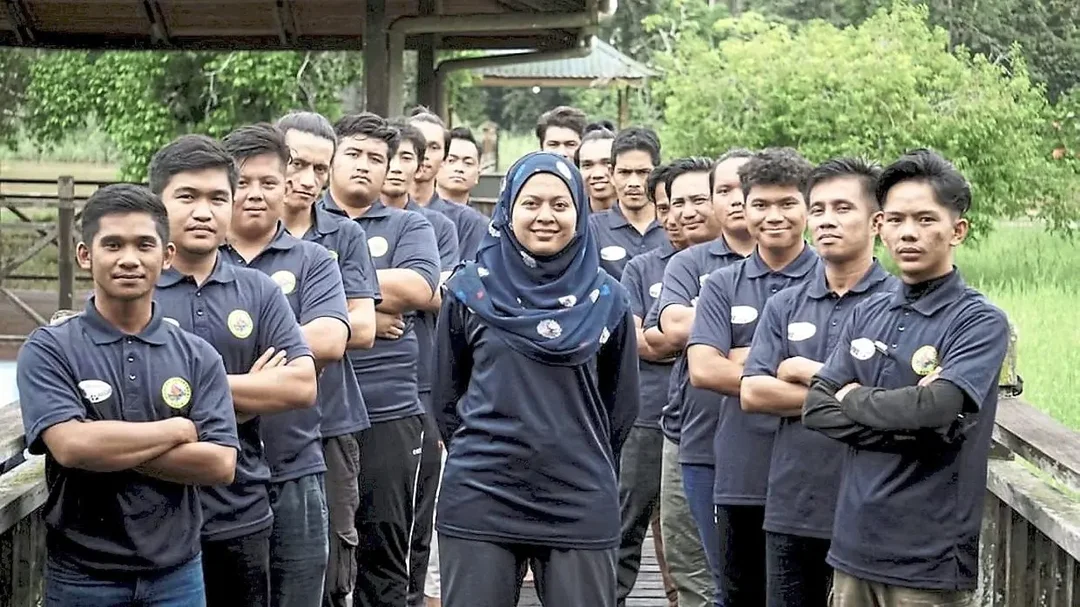
A Brave Fight to Save the Endangered Bornean Elephant
In a world where human encroachment threatens wildlife, the tale of the Bornean elephant serves as a poignant reminder of our responsibility to protect endangered species. Less than 1,000 of these small yet significant elephants remain in the wild, primarily inhabiting the forests of Borneo, where their natural habitat is swiftly disappearing.
Dr. Farina Othman, a passionate Malaysian elephant ecologist, has dedicated her career to protecting these gentle giants. After shifting from Alor Setar to pursue her passion for conservation biology, she founded the non-profit organization Seratu Aatai, which translates to "solidarity." Through her efforts, Dr. Othman aims to create wildlife corridors—essential pathways connecting fragmented habitats—to facilitate safe passage for the Bornean elephants.

Dr. Othman's innovative approach addresses the conflict between local communities and elephants. With palm oil plantations encroaching on their habitats, elephants often find themselves in closer contact with humans. From 2010 to 2020, 131 Bornean elephants lost their lives to human-related causes, highlighting the urgent need for a solution. "We need to change the "not in my backyard" mentality that many hold towards these creatures," Dr. Othman emphasized in a recent interview.
Her efforts were recently recognized when she was awarded the 2025 Whitley Award, a prestigious conservation prize that includes a £50,000 grant aimed at bolstering her initiatives. "Winning the Whitley Award is incredibly meaningful. It’s a personal affirmation that the struggles and sacrifices in this work matter," she reflected. The funds will support expanding her network of wildlife corridors and enhance community engagement across Sabah.

Her approach is inspiring. By working closely with plantation owners and local communities, she aims to create understanding and cooperation between human and elephant populations. Through education and training, she hopes to empower communities to coexist peacefully with elephants. “We’re not just protecting elephants; we are securing a tradition of living in harmony with nature,” she said.
As the plight of the Bornean elephant unfolds, it draws attention to a larger narrative about conservation, community, and coexistence. Dr. Othman challenges us all to reflect on our interactions with the natural world. Will we rise to the occasion and support efforts to save not just the smallest sublime giant, but also the habitats they represent?
What do you think we can do to support conservation efforts for endangered species like the Bornean elephant? Join the conversation and share your thoughts!